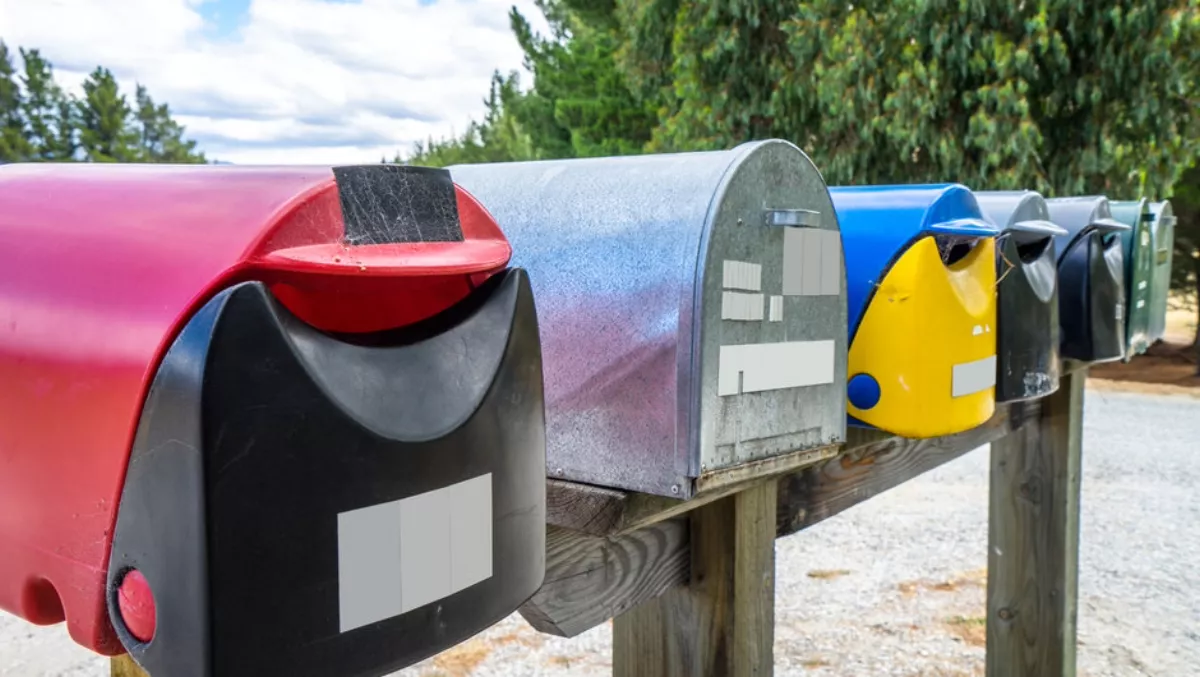Whether physical or digital, our addresses anchor us to a particular point, and make a unique statement about us. Our digital addresses such as email and IP addresses, even our mobile phone numbers and social network handles, link our behaviours, our transactions, reactions and interactions, connect us, and facilitate the flow of communication.
Our addresses are how we identify ourselves and how others identify us—a point of authentication every time you get a license renewed, apply for credit, or create a new online account.
Our addresses are accepted as a given point of contact, and because of that it's easy to miss the significance of the information that it provides.
The benefits of understanding addresses extend beyond revenue: correctly 'addressing' individuals help organisations to build long-term customer relationships, improve planning and ultimately, to futureproof a business.
Access to advanced software platforms, data marketplaces and customer information management tools mean businesses can use an address to connect with its customer.
Here are four ways your business will benefit from rethinking the way they look at addressing:
Boost customer engagement
Accurate addressing provides companies with a unique method of identification, and the opportunity to deliver a hyper-personalised customer experience across a host of different digital channels: identifying a customer's precise geographic location, and pushing a notification of a voucher to their mobile as they walk past a restaurant, for example.
However, businesses can often struggle with out-of-date, inaccurate, incorrectly-addressed physical mail and email. It is not uncommon, and can damage customer relationships, impact credibility and result in regulatory penalties, especially in the wake of GDPR.
Research estimates that up to 30% of a company's contact data becomes inaccurate each year, and with human error cited as the main cause of data inaccuracy, the ability to automate data updates is key.
Reduce costs
By correctly managing addresses, organisations can achieve substantial cost reductions. A general rule of thumb is the 1/10/100 ratio, which estimates that it costs $1 to check and verify a record as it's being entered, $10 to correct this later and $100 if no steps are taken at all.
With the newly introduced GDPR bringing in new penalties for non-compliance, the '$100' part of this equation is set to skyrocket.
Access to accurate addressing data means businesses can clarify links between data, like establishing whether the two records are connected or even the same person.
Geocode your data
The ability to geocode - translating an address reference to a position on a map - opens up a world of possibilities for businesses. As the largest pizza chain in Australia, Domino's has to manage potential territory conflict that may rise from creating franchises.
To minimise risks, Domino's deployed software to ensure that addresses within a territory are determined within minutes with a new list generated every quarter (or on-demand), allowing for territory adjustments due to fluctuations in the number of houses in a territory.
It also helps increase Domino's delivery reach by providing the ability to keep up to date with any new builds, demolitions and changes to building use allowing for more targeted communications and saving money on wasted direct marketing to addresses that no longer exist.
Understanding more about an address facilitates accurate modelling, and provides a springboard for laser-sharp forecasting decisions.
Improve your customer experience
The retail industry has been a leading sector in using data to deliver a seamless customer experience. Many retailers are using our digital addresses to view our shopping basket and browsing history to offer suggested products; they identify our nearest store we might want to ship our goods to for a 'click and collect' service.
All businesses can derive value from using addresses to create a personalised experience. Personalised mail allows a brand to target a campaign to those most likely to respond and can be customised to each recipient. No longer should we think of an address as a standalone data point: it is part of an ecosystem that reveals connections between people, places and things. Addresses, whether physical or digital, are tied to thousands of data points and in the right context, can reveal valuable insights for businesses.
By harnessing this information, a perfect customer profile can be woven in seconds and mission-critical business insight appears in real-time. By increasing the accuracy of client data and customising how and when that data is accessed through addresses, companies can drive revenue and succeed reaching their customers in the most relevant and engaging manner.


